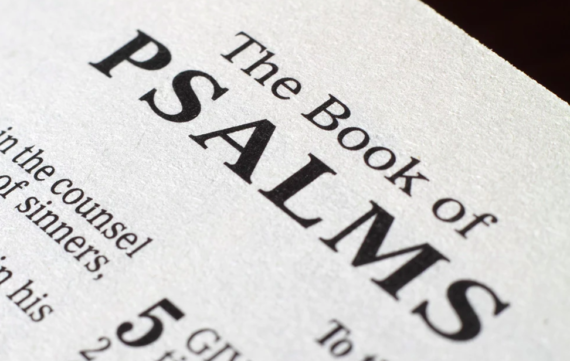As Christians, we believe that “all scripture is inspired of God” (2 Tim 3:16). That statement clearly includes the Old Testament. But we also believe that the revelation of God’s will was progressive. We do not expect any given part of scripture to contain a complete revelation of God’s will for us. We should not expect the earlier inspired writers to have as complete of an understanding as existed later. The scriptures plainly indicate that their understanding was incomplete in certain ways (1 Peter 1:10-12, for example).
Psalm 49 is an examination of one of the most difficult issues of life – the success of the wicked and the relative poverty of the righteous. The issue is clearly presented in verses 5-6. “Why should I fear in times of trouble, when the iniquity of those who cheat me surrounds me, those who trust in their wealth and boast of the abundance of their riches?”
Death will equalize
The psalm tells us that we should not fret about the apparent injustice of life because death will be the great equalizer.






First, the author reviews at length the situation of the godless in the face of death. Even the rich cannot ransom one another, or themselves from death (7-9). Wisdom, although more important than money, also provides no escape from death (10). Thus all, rich and poor, wise, and foolish, will die and dwell in the grave, rather than in the homes their riches or skills may have built (11). In our prideful frame of mind, we are no better off in death than the beasts (12-13). We, like the beasts, end up with a shepherd – death – and a home that consumes us – the grave (14).
Then he briefly notes his own hope that, while we cannot ransom ourselves or one another, God will ransom him and receive him (13).
All of this leads to the conclusion that we should not fear the rich or be impressed by his glory (16-19). The conclusion is again reached that the prideful man is no better off than the beasts (20).
Modern use of the psalm
What shall we do with this Psalm? We can just accept it as we have found it and go no further. We could take some of its statements out of context and develop a cold but (sort of) comforting doctrine that eliminates eternal punishment. Some are doing that. Or we could ponder for a moment the deep matter hinted at but not fully revealed by the Psalm – the matter of how we are ransomed.
The Psalm states that humans cannot ransom others or even themselves. “Truly no man can ransom another, or give to God the price of his life, 8 for the ransom of their life is costly and can never suffice, 9 that he should live on forever and never see the pit” (7-9).
The writer is confident that God will ransom or redeem his soul from the grave. He says, “But God will ransom my soul from the power of Sheol, for he will receive me” (15).
He does not state, he may not know, how God will do this. This writer is like a child accepting a costly gift. He appreciates the gift but may have no concept of what the redemption cost. If we have paid any attention to the rest of scripture, we should be more like grown children who know what that gift has cost.
But here is the critical question. “Do we live as if we realize the cost?” What are we doing? How are we living the life Christ gave his life to ransom?

